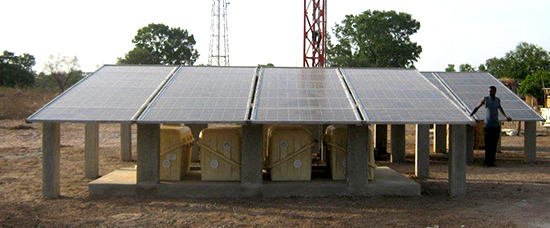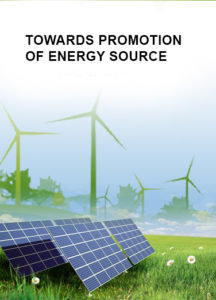
Our Competence
Technique for the design of industrial electrical equipment in public works, private (land and sea)

MT / BR RANGE EQUIPMENT
- Electrical substation equipment: Underground low and medium voltage underground electrical networks according to standards (UTE, IEC and Senelec).
- Rural and urban electrification
- Rehabilitation of networks of all categories
- Change of tension
- Supply and installation of generators.
- Medical laboratory and research facility
- Maintenance, maintenance and troubleshooting of all electrical installations.
INDUSTRIAL EQUIPMENT
EREPCO supports its industrial customers throughout the life cycle of their investments and participates in optimizing the cost of ownership of their installations thanks to its adaptability and process control.
- Cable and wiring laying technique
- Installation of generating sets
- Manufacture of TGBT and distribution cabinets
- Automation
- Automation via relays or programmable controllers
- Programming of automata, industrial computing, supervision, management
Manufacturing technique

RENEWABLE ENERGY
TOWARDS A PROMOTION OF SOURCES OF CLEAN ENERGY
Senegal has set ambitious targets to provide stable energy and lower costs for its population and economic operators. The Poverty Reduction Strategy Paper (DRSP) thus fixes 66% (30% in rural Household access to electricity service in 2015. This growth is part of a policy of environmental preservation and the fight against climate change.
Senegal’s heavy reliance on fossil fuels poses a number of environmental problems: greenhouse gas emissions, deterioration of living conditions, urban pollution, etc. The country must therefore focus on preserving its environment in order to ensure development Sustainable development and contribute to the fight against climate change. The current energy crisis must therefore be an opportunity to promote the development of renewable energies (wind, solar, biomass, hydropower) and energy saving measures.
RENEWABLE ENERGY PRODUCTION
Indeed, renewable energies present themselves as an essential alternative for ecological reasons, but also increasingly dinancial; Er it is in this perspective that we undertake to fill this gap mainly in areas devoid of any electrical distribution network. Indeed we are acting on several strategic areas in this case.
- Dimensioning and installation of a PV-BATTERIES system
- Dimensioning and installation of a PV-BATTERY-INVERTER system
- Dimensioning and installation of a PV system – BATTERIES-INVERTERS and as auxiliary source of solar batteries with a autonomy of three days
- Sizing and installation of a hybrid system
- Solar – remote, storage batteries, isolated installation

STRUCTURE GENERATION SYSTEM:
- Source (s) – PV, WIND …
- Load (s): Load (s) in AC, Load (s) in DC,
- Storage element (s): Batteries, Hydrogen, Network
ELECTROMECHANICAL CONSTRUCTION:
- Technology and design in cabinet cabling and general low voltage distribution board, normal emergency box, motor control
And street lighting. - Technique and design of low-voltage metallic cabinet (BT) and E.P of electrical distribution substations, grids, doors, vents
CLIMATE ENGINEERING:
- Technique and design of cold room (insulation and equipment) central declimatisation, maintenance, maintenance and troubleshooting of all
Refrigeration systems - Supply and installation of ice-cream manufacturing unit for industry
CIVIL ENGINEERING :
- Technique and design of plan wholesale works and all bodies of state
- Construction of electrical distribution substations according to U.T.E standards
- Rehabilitation and development of real estate infrastructure

